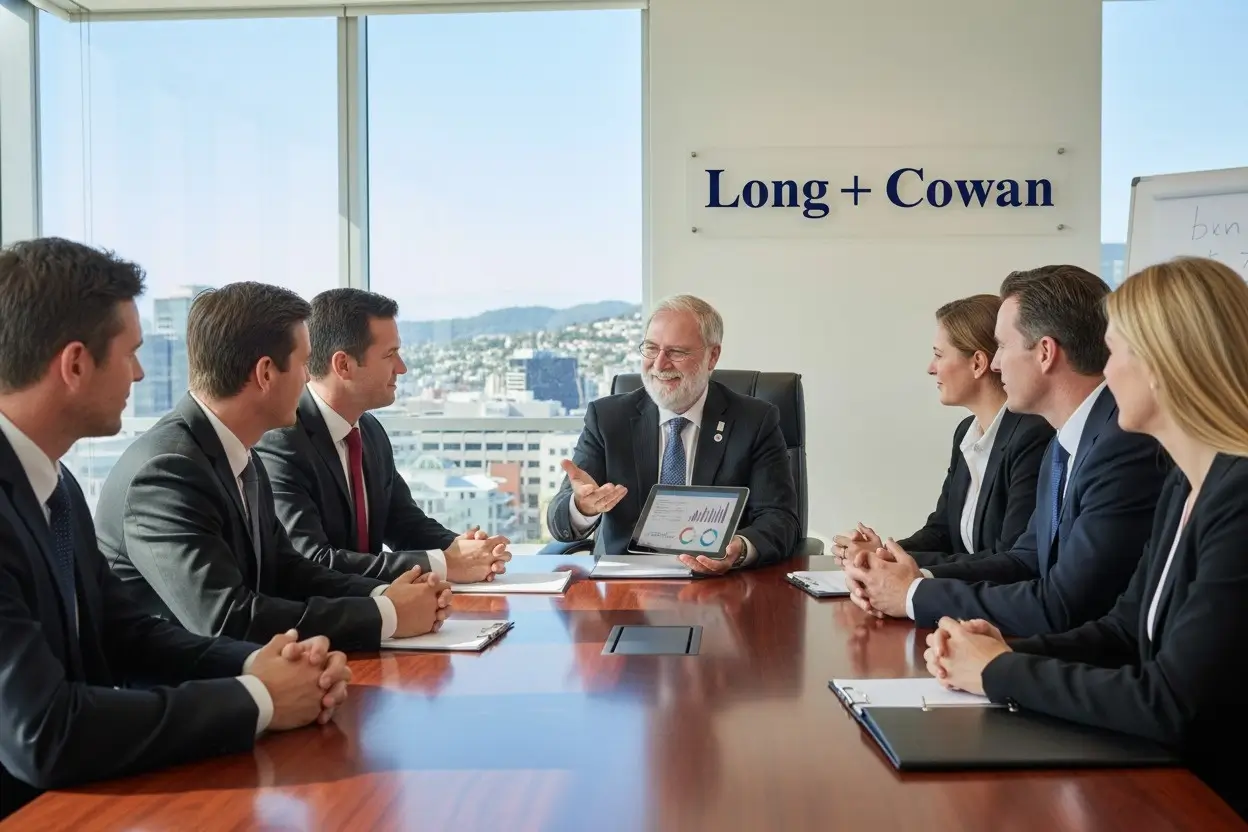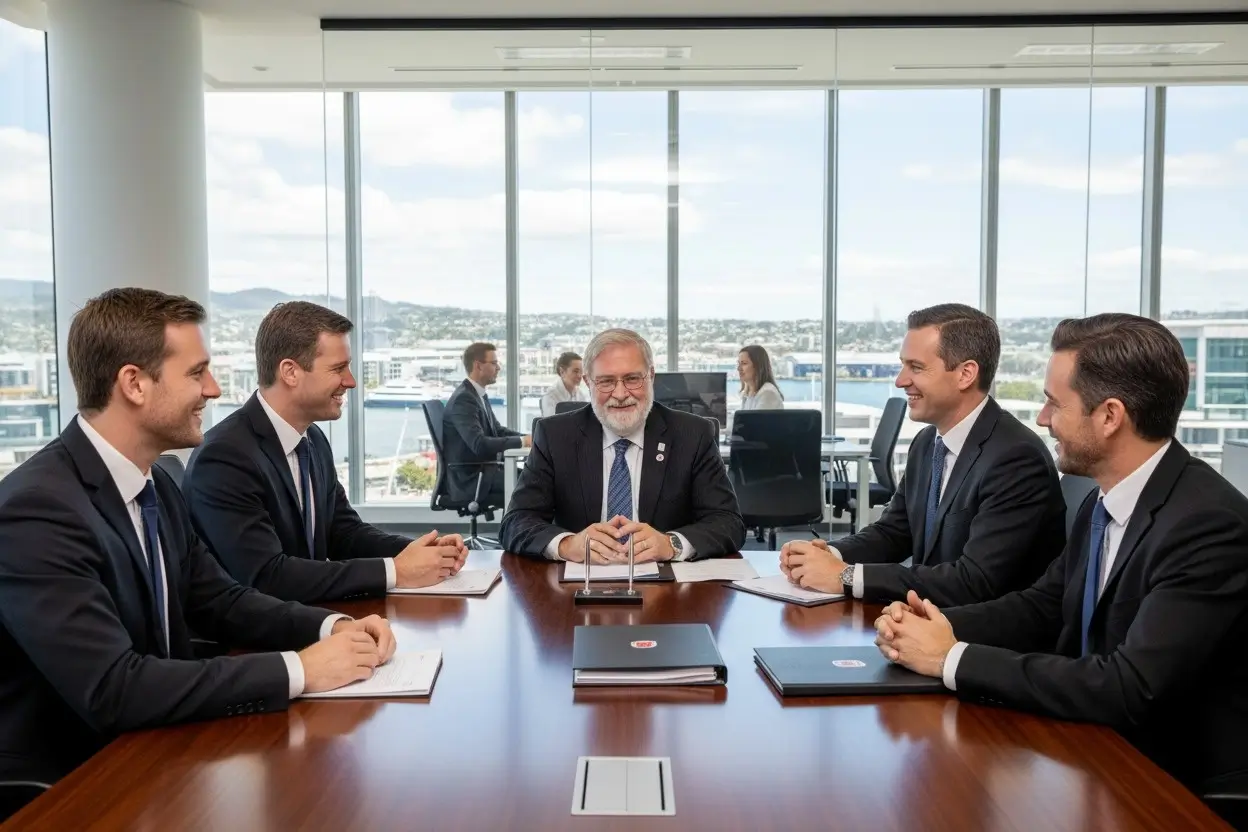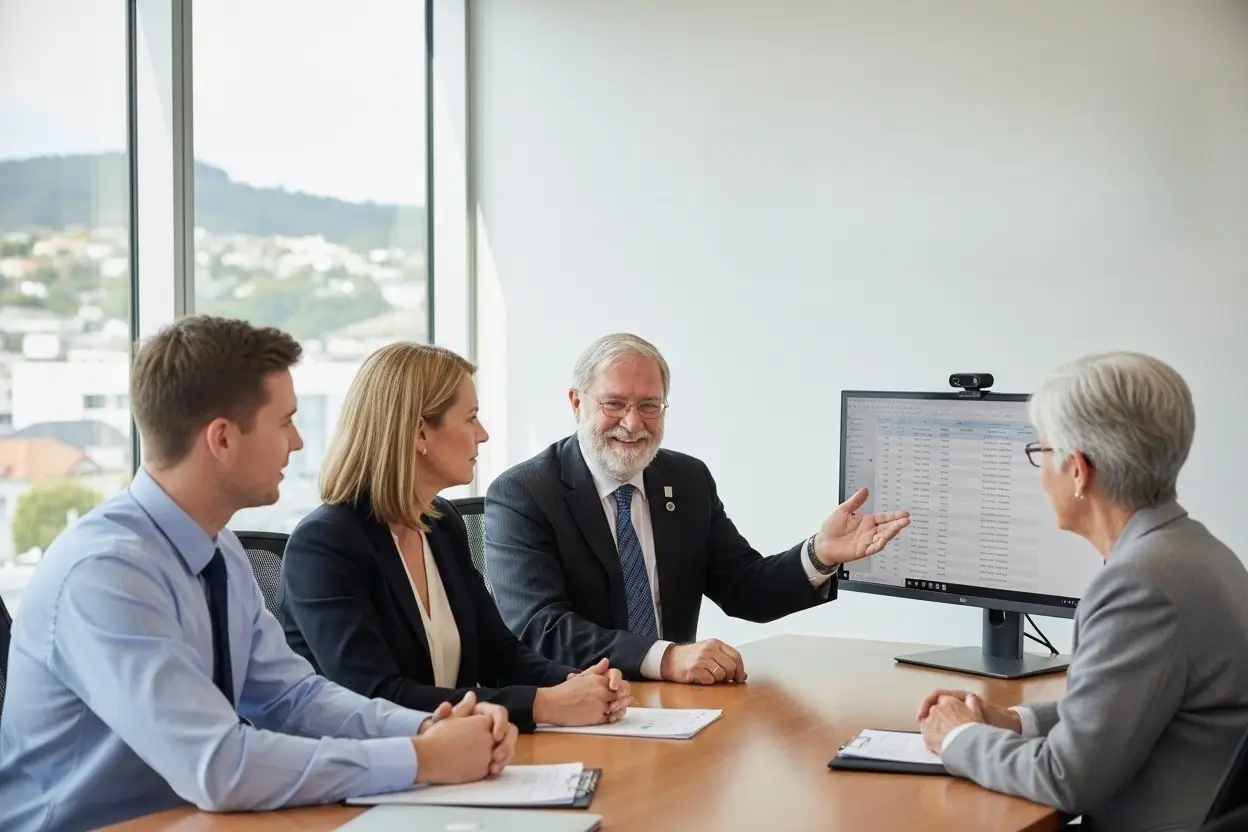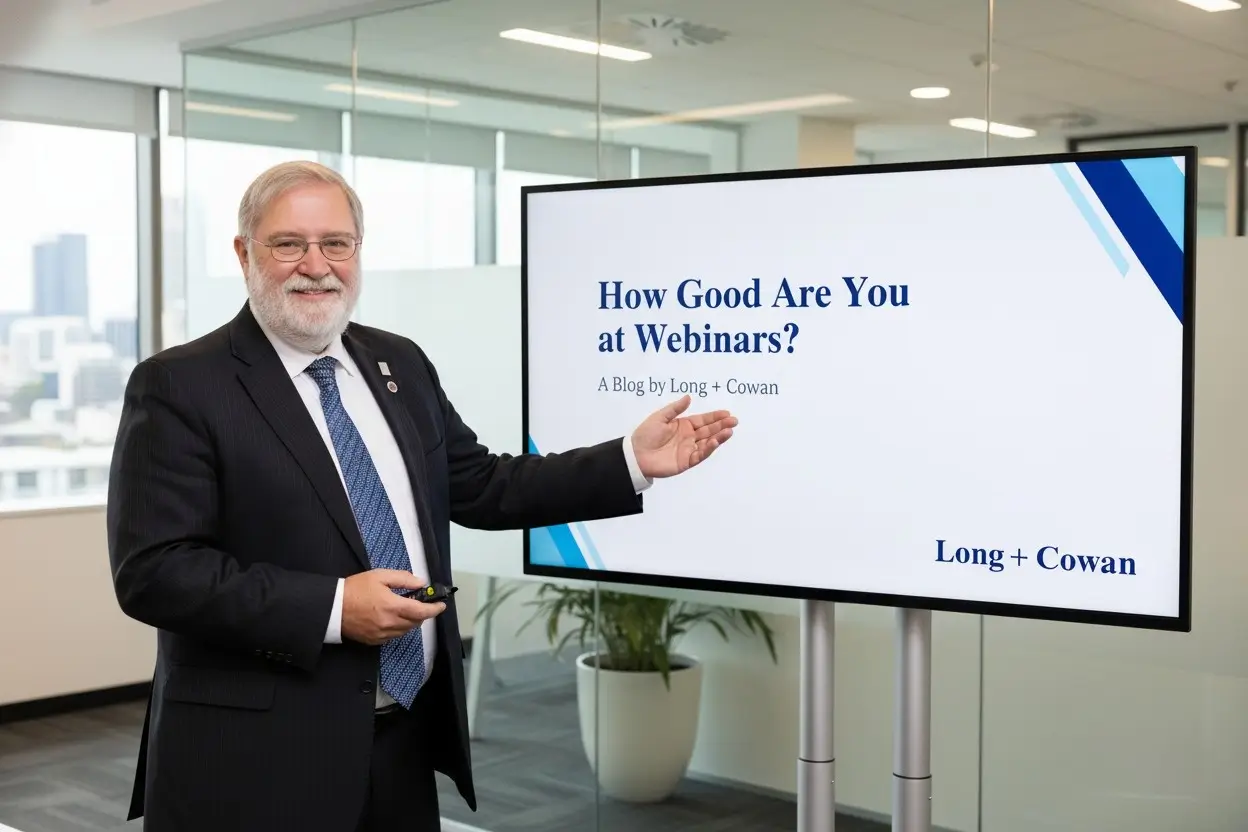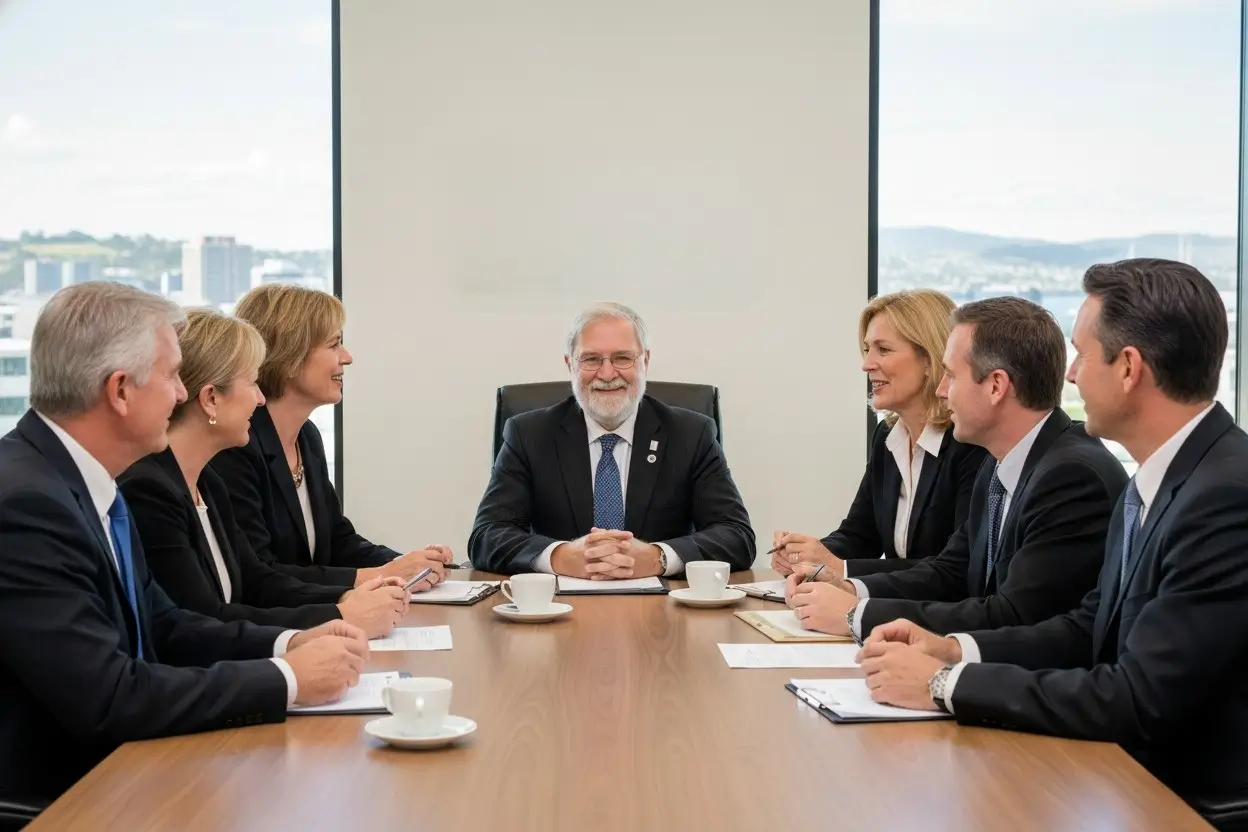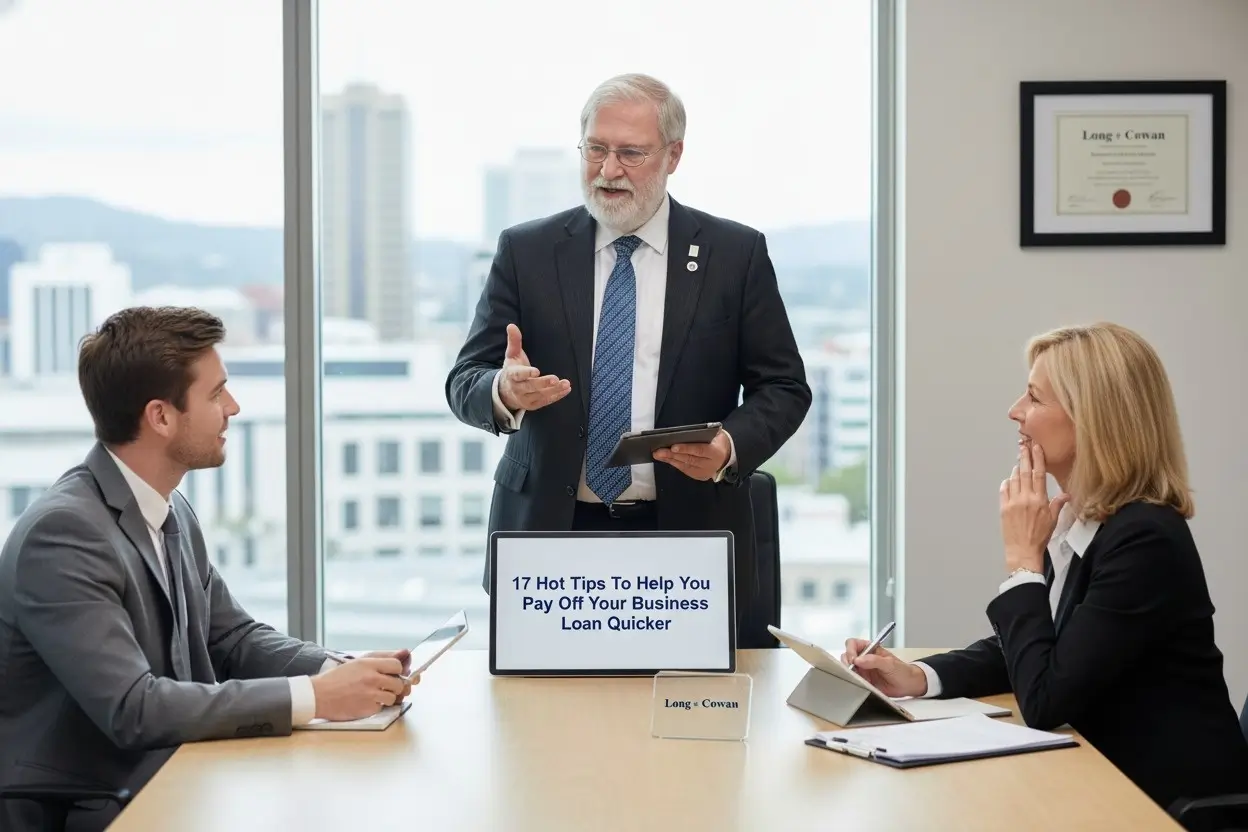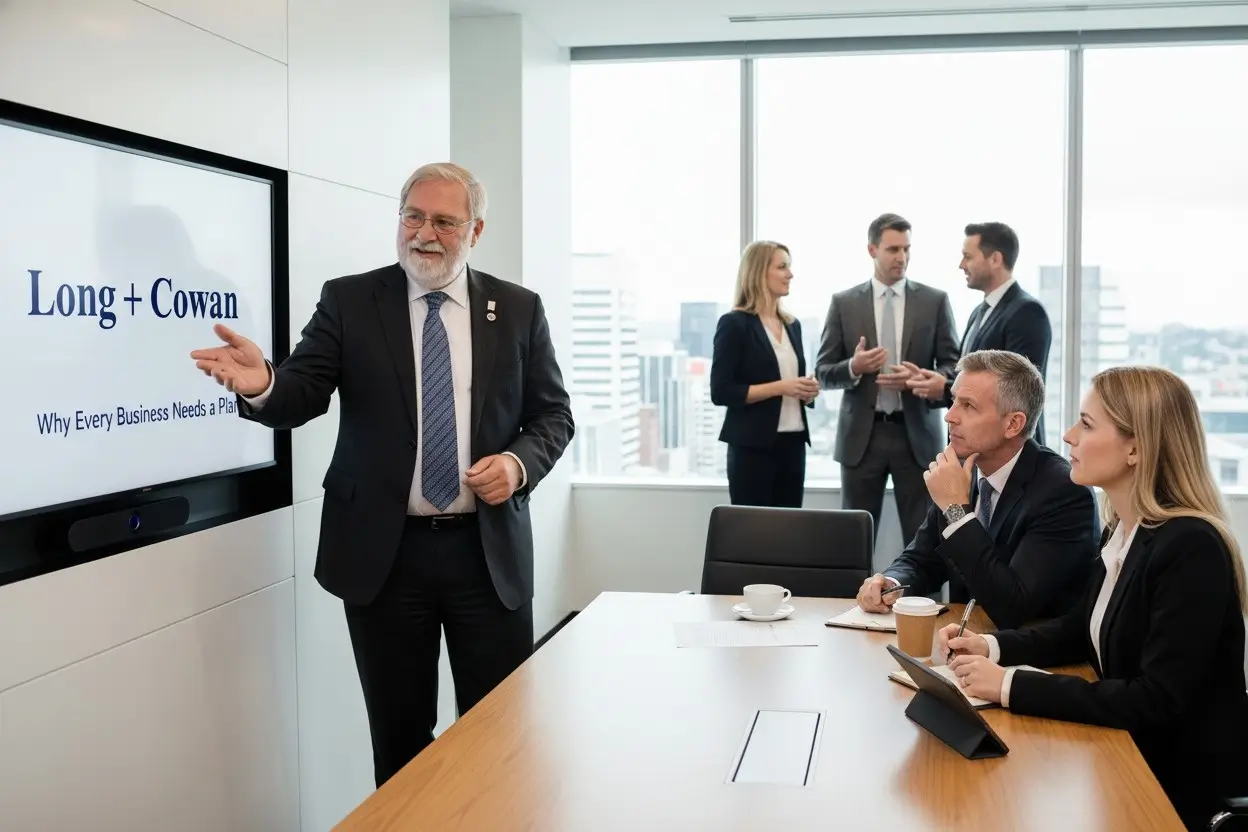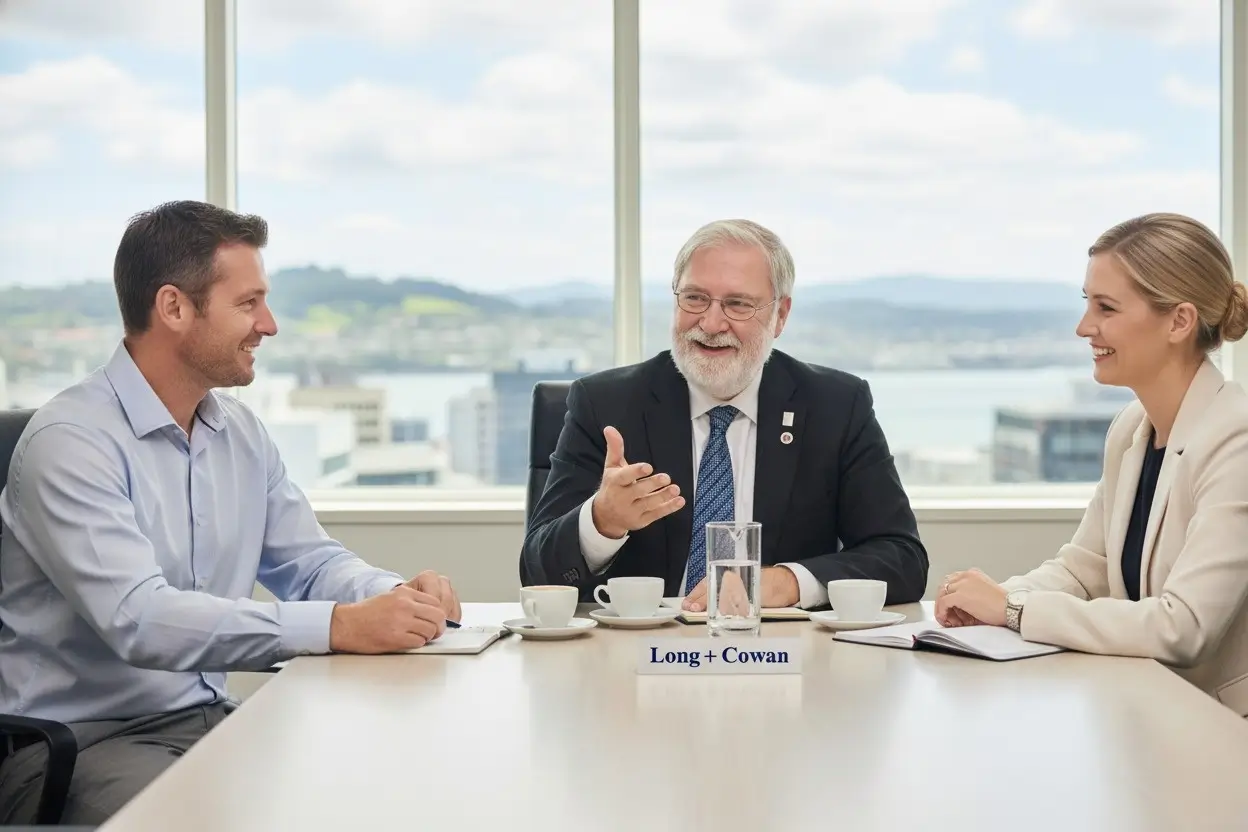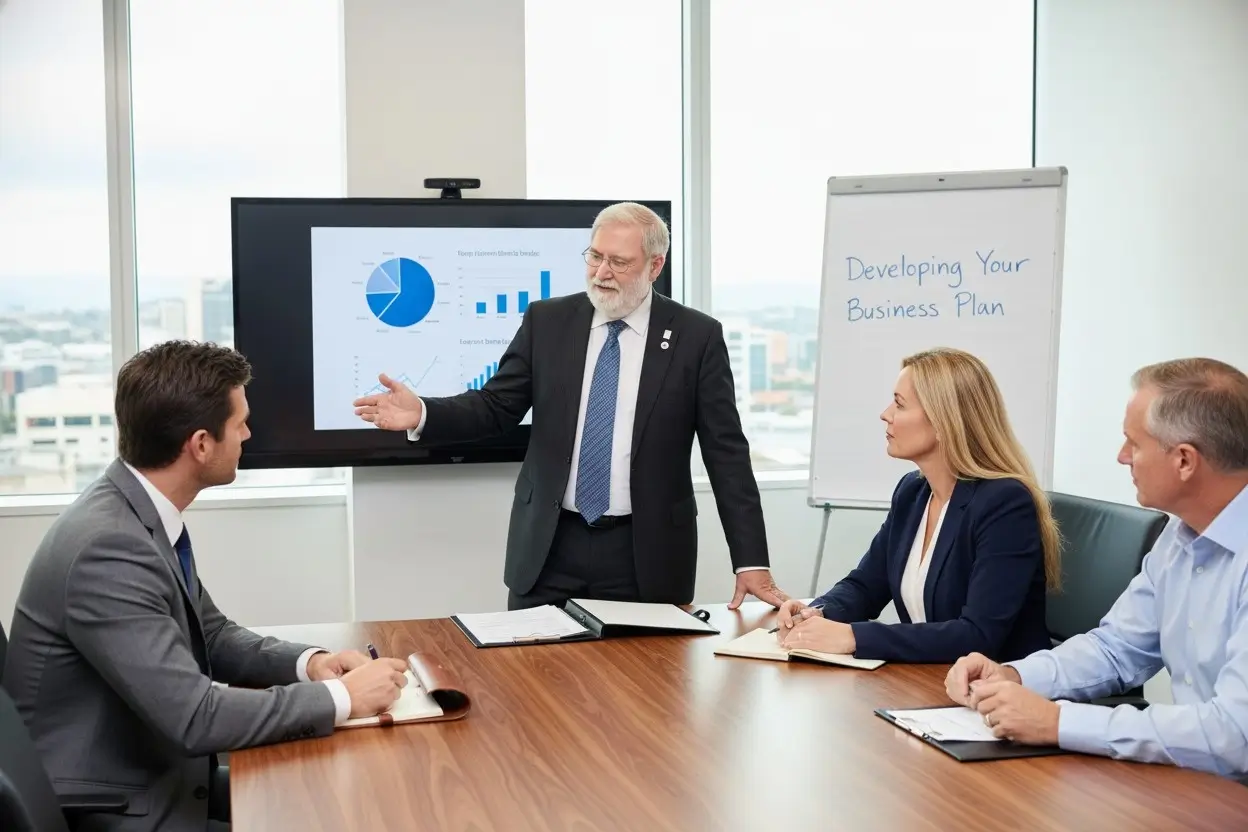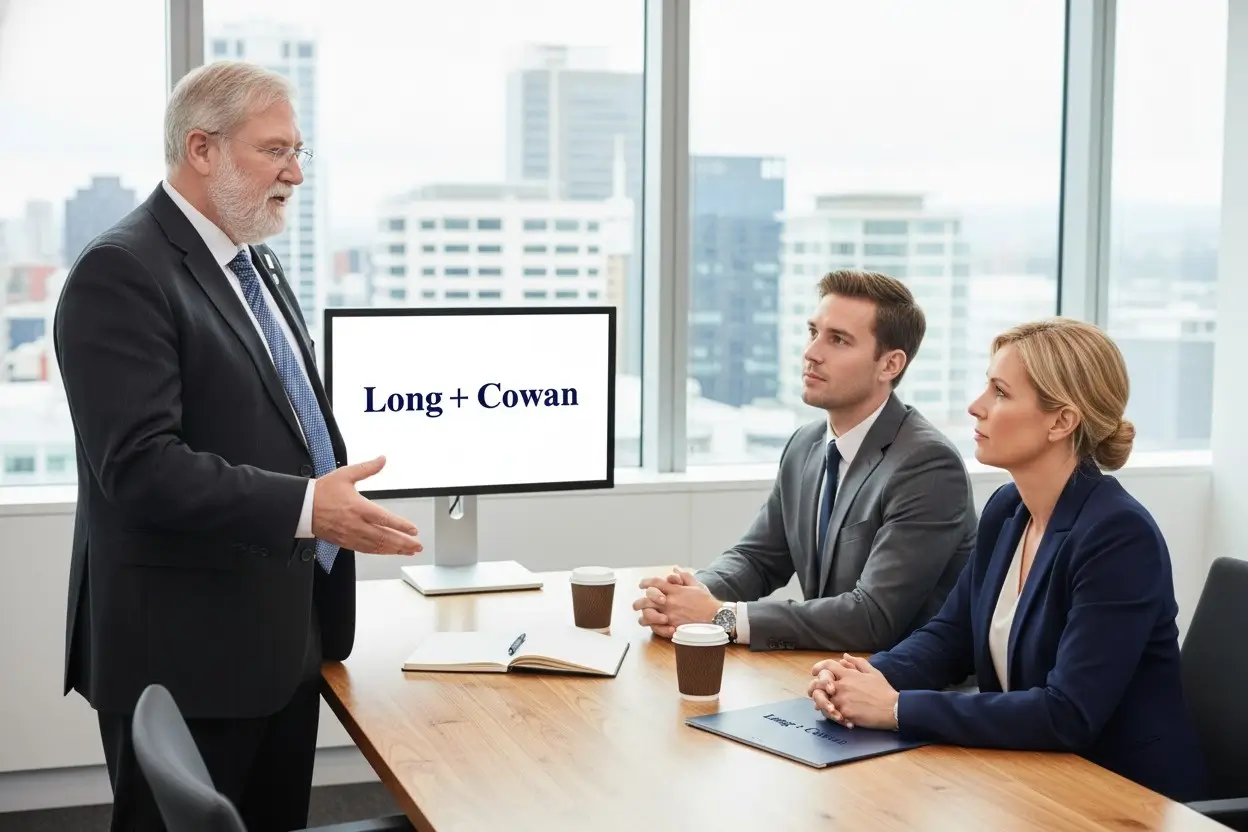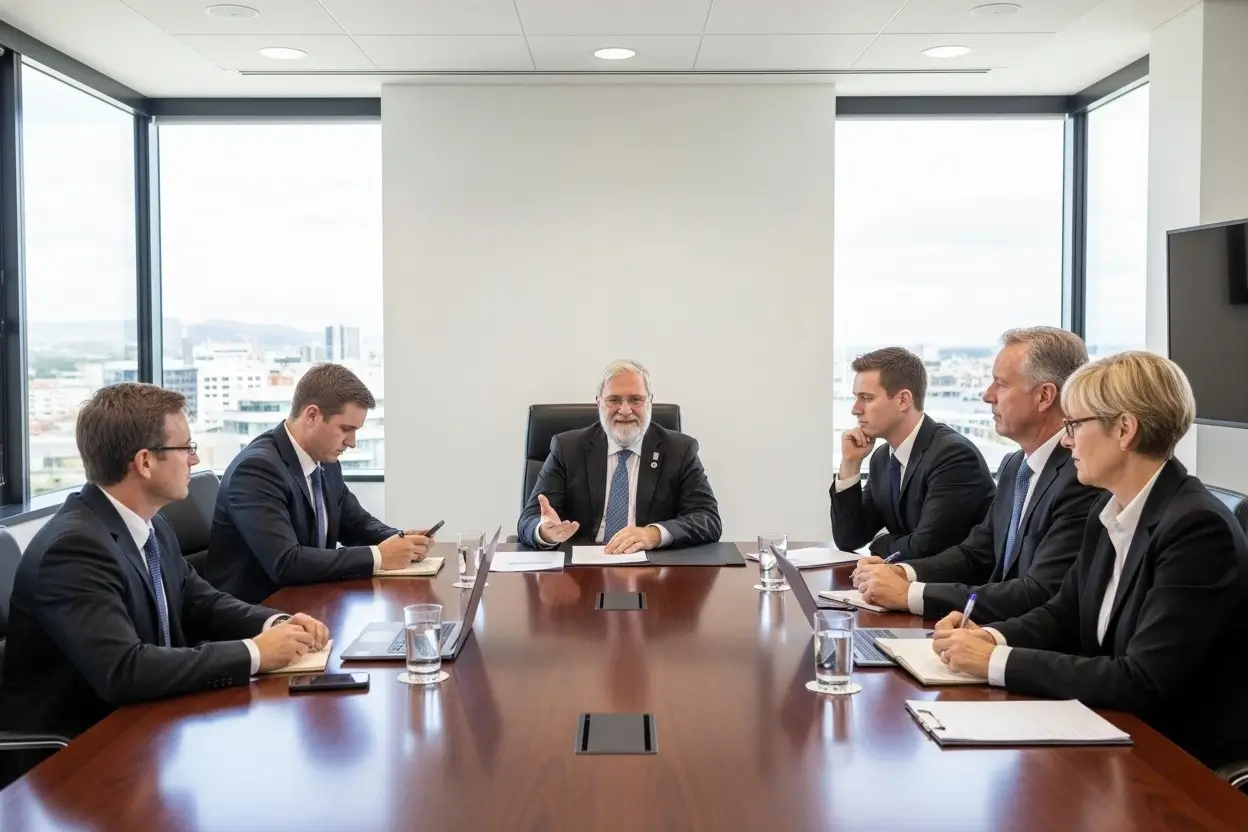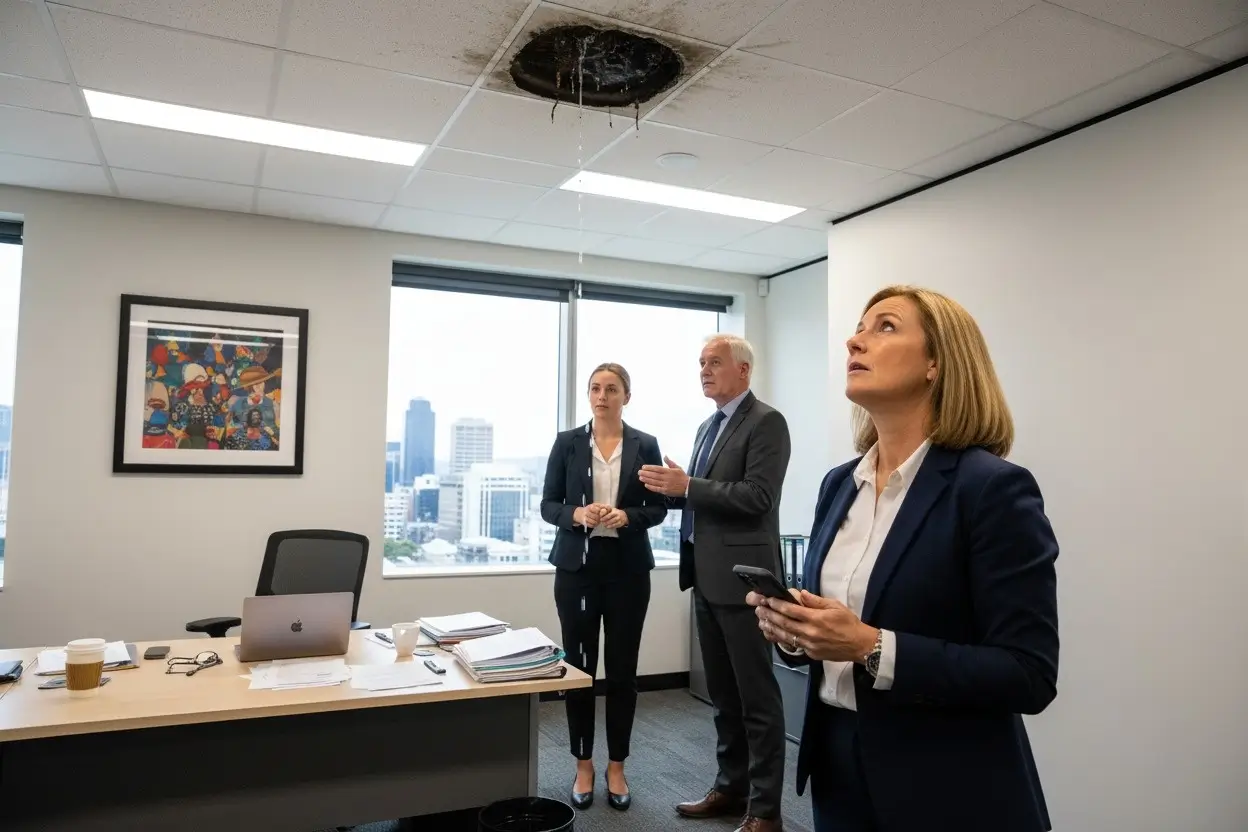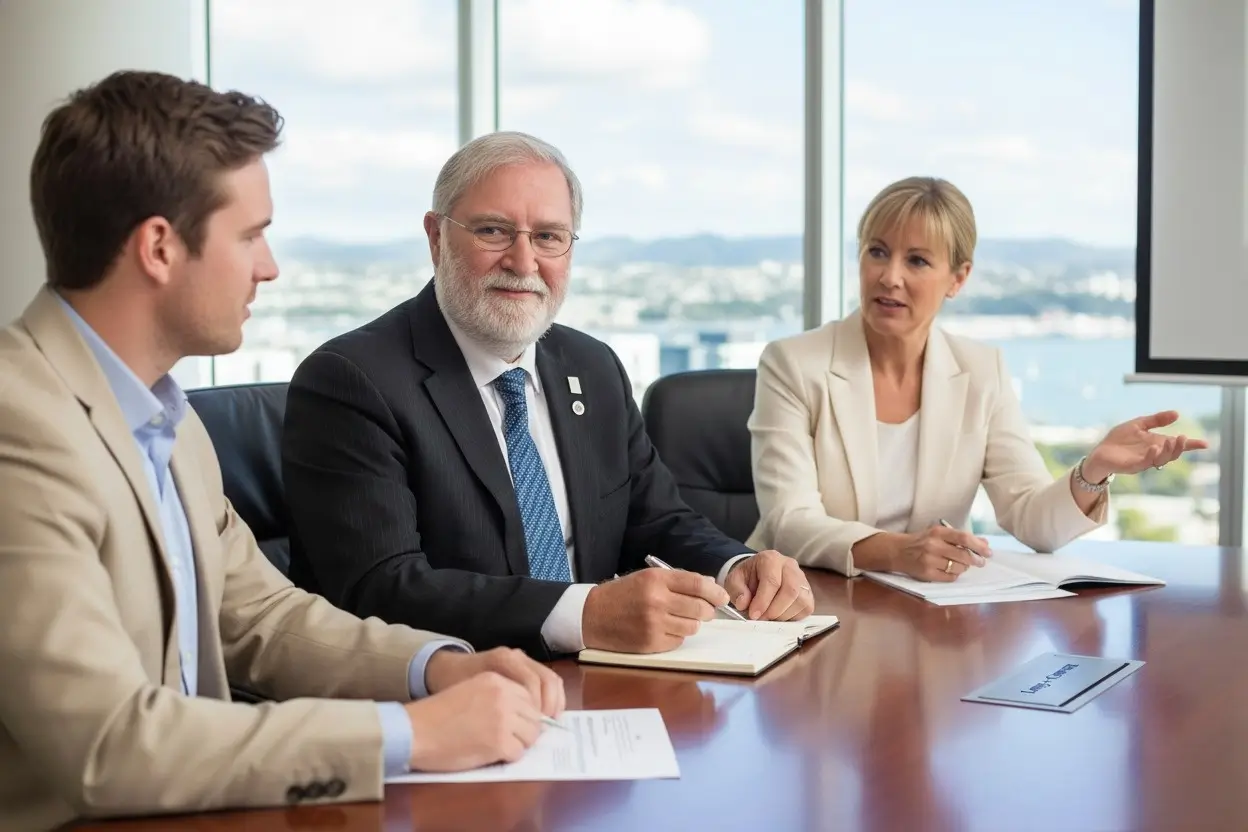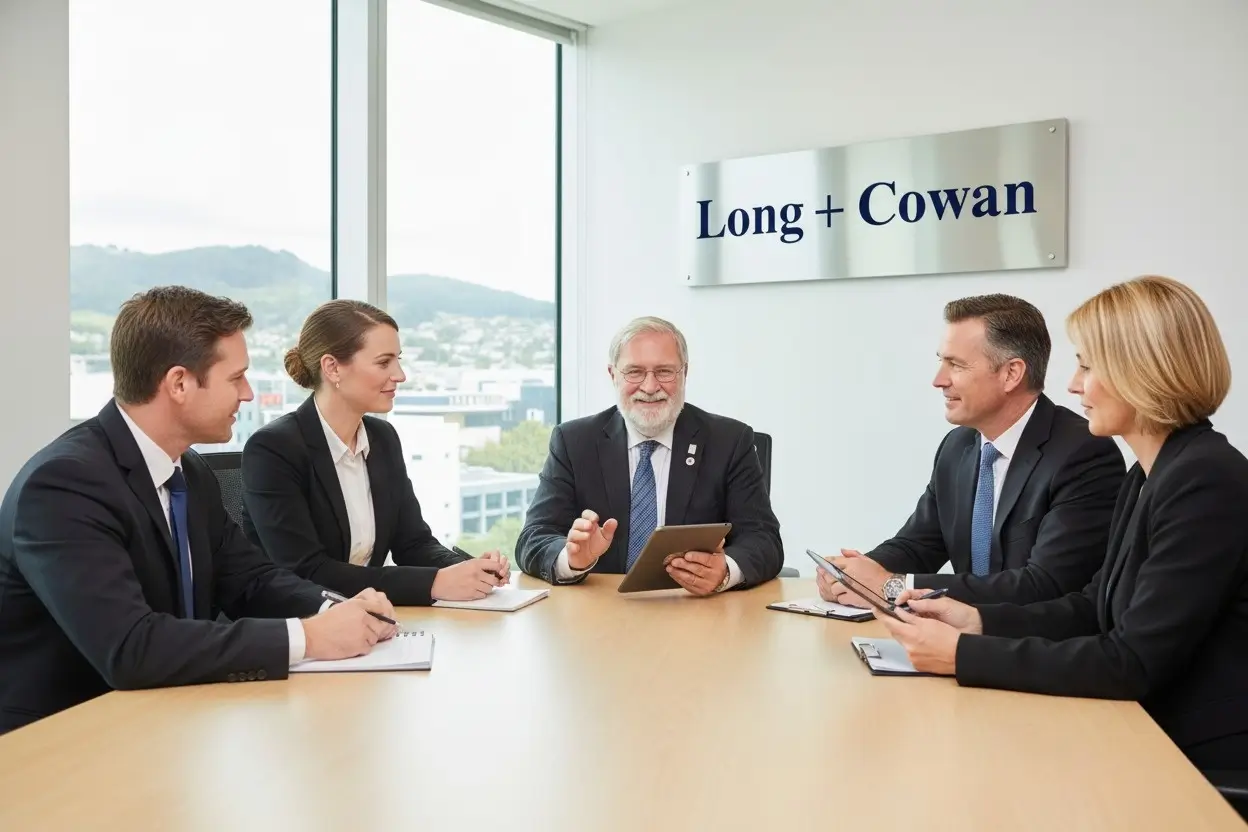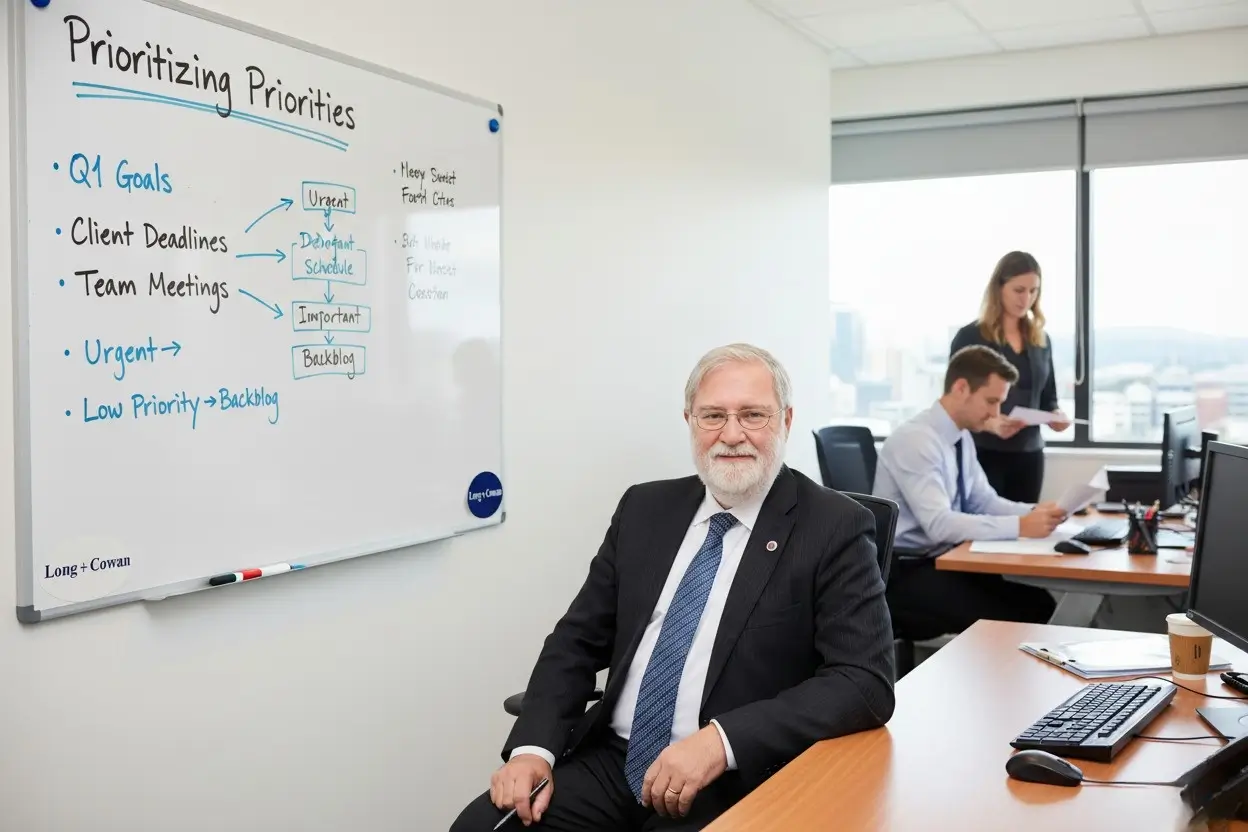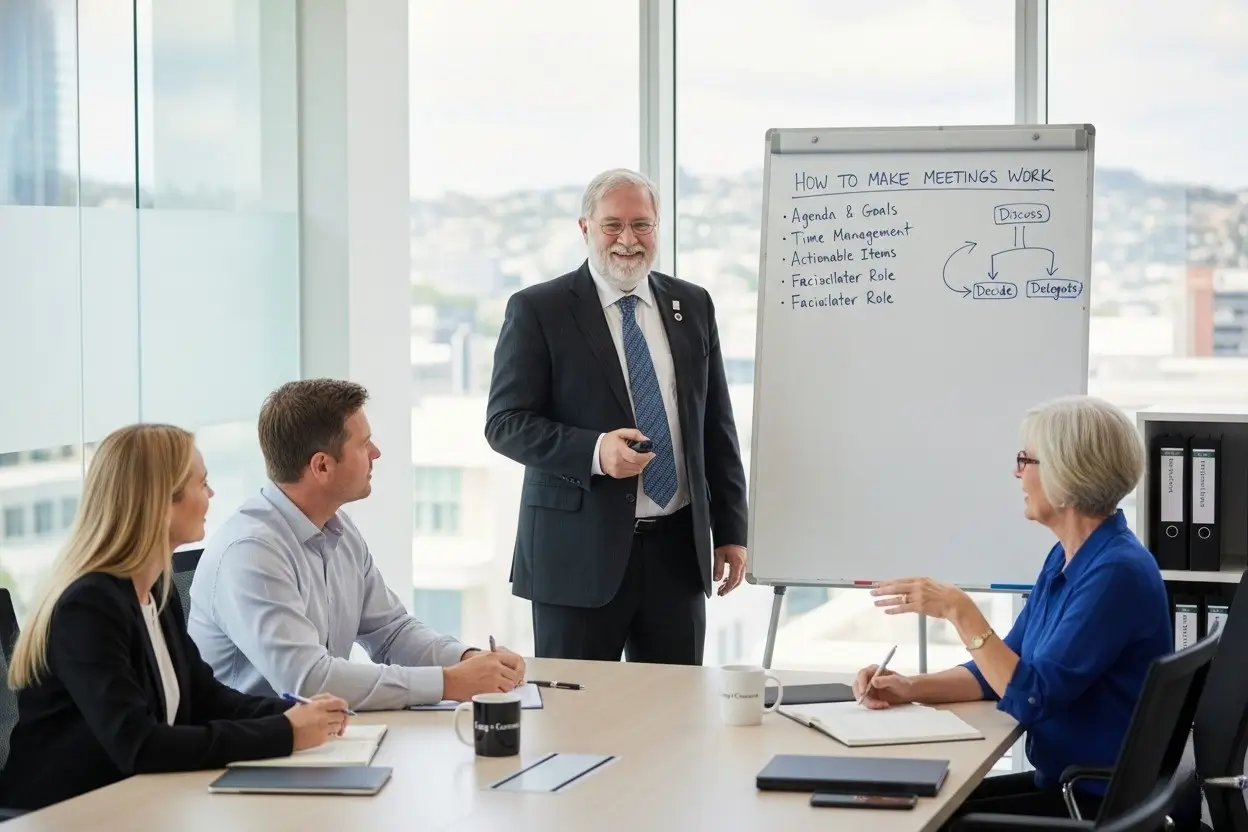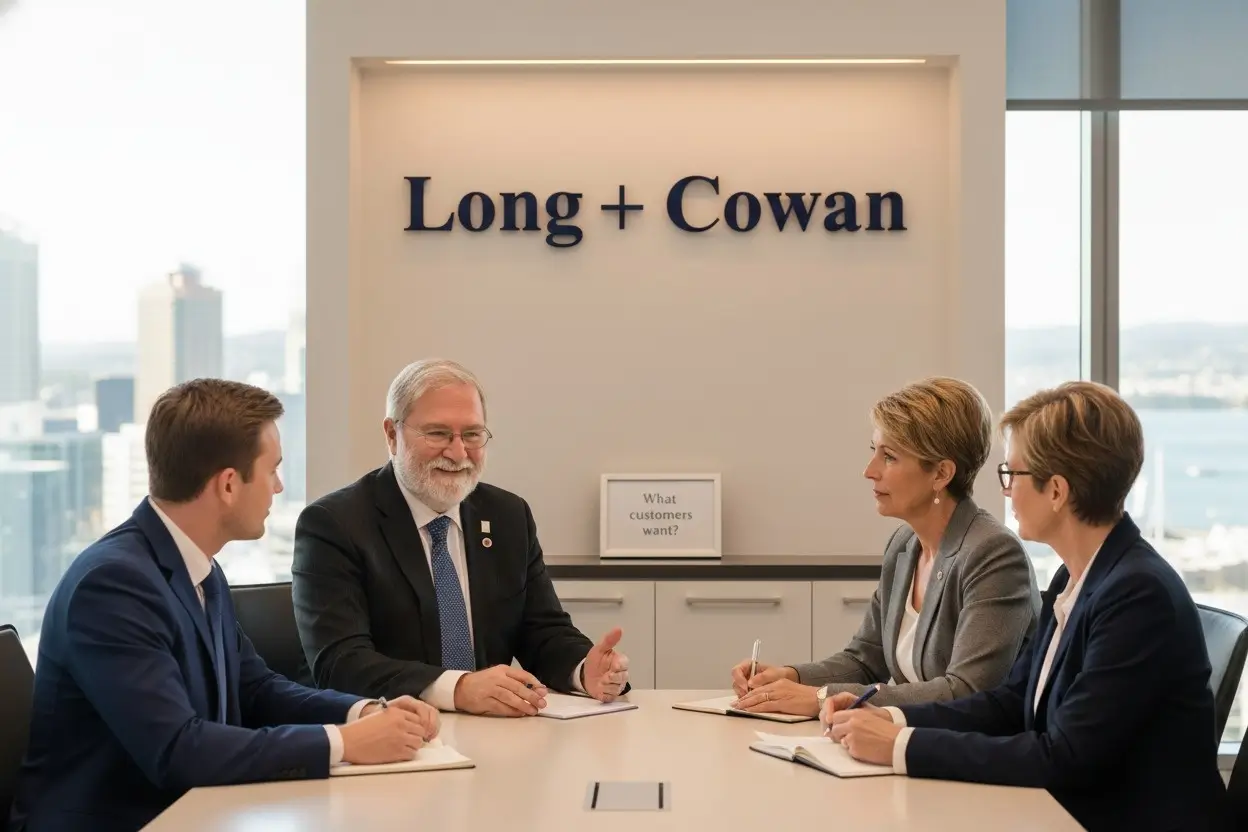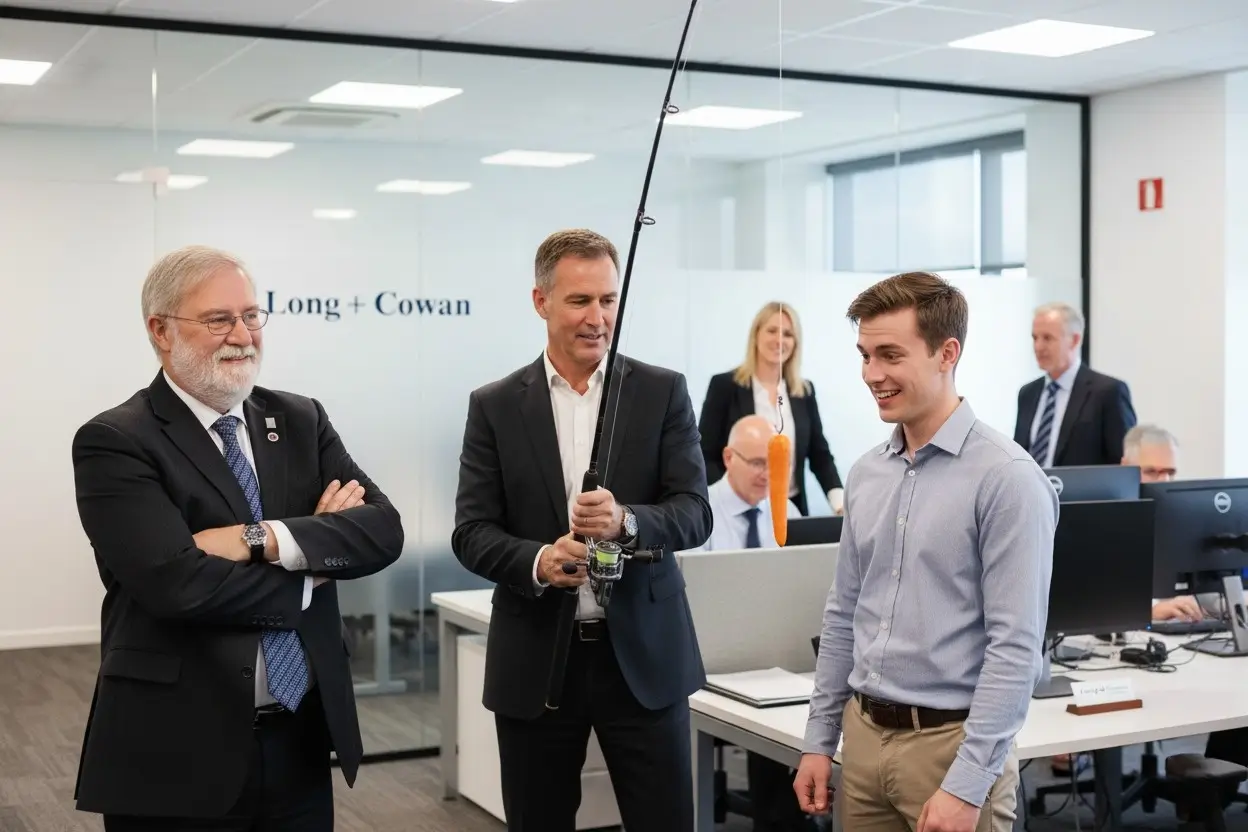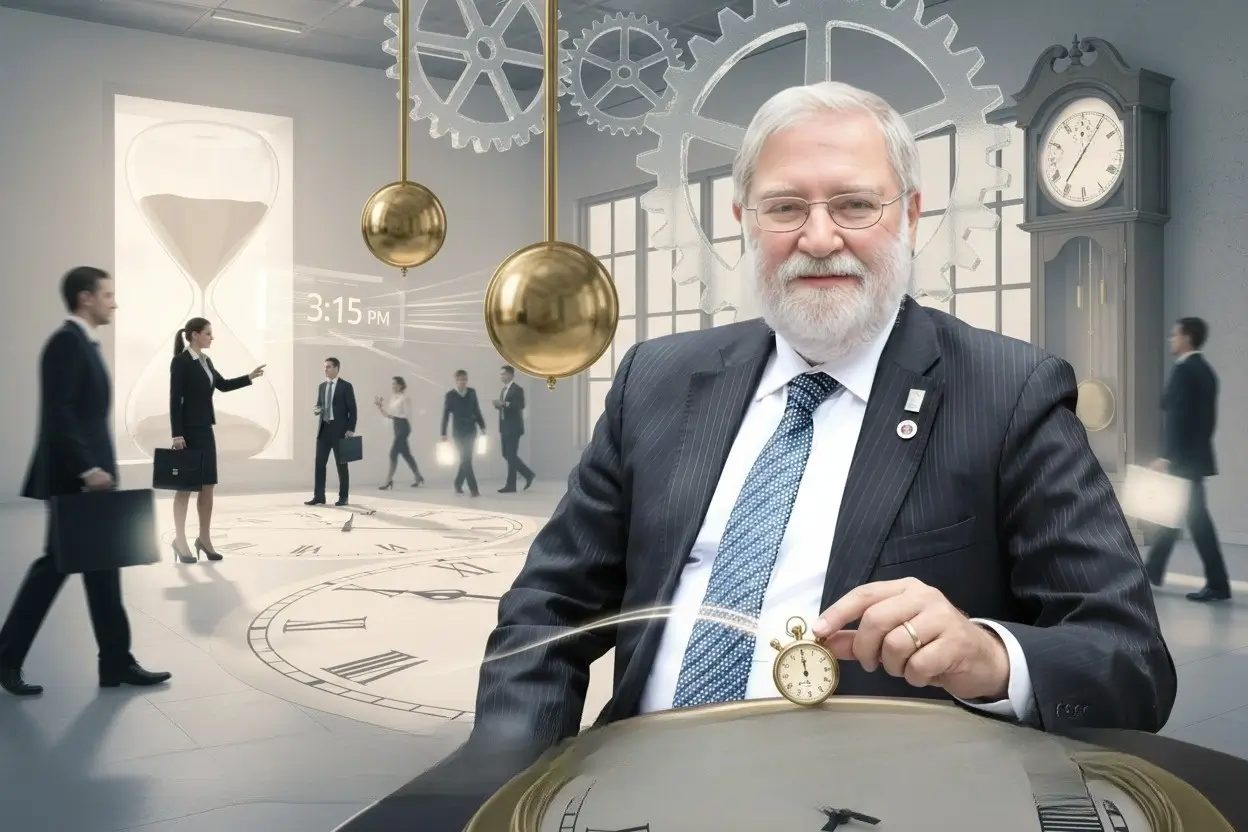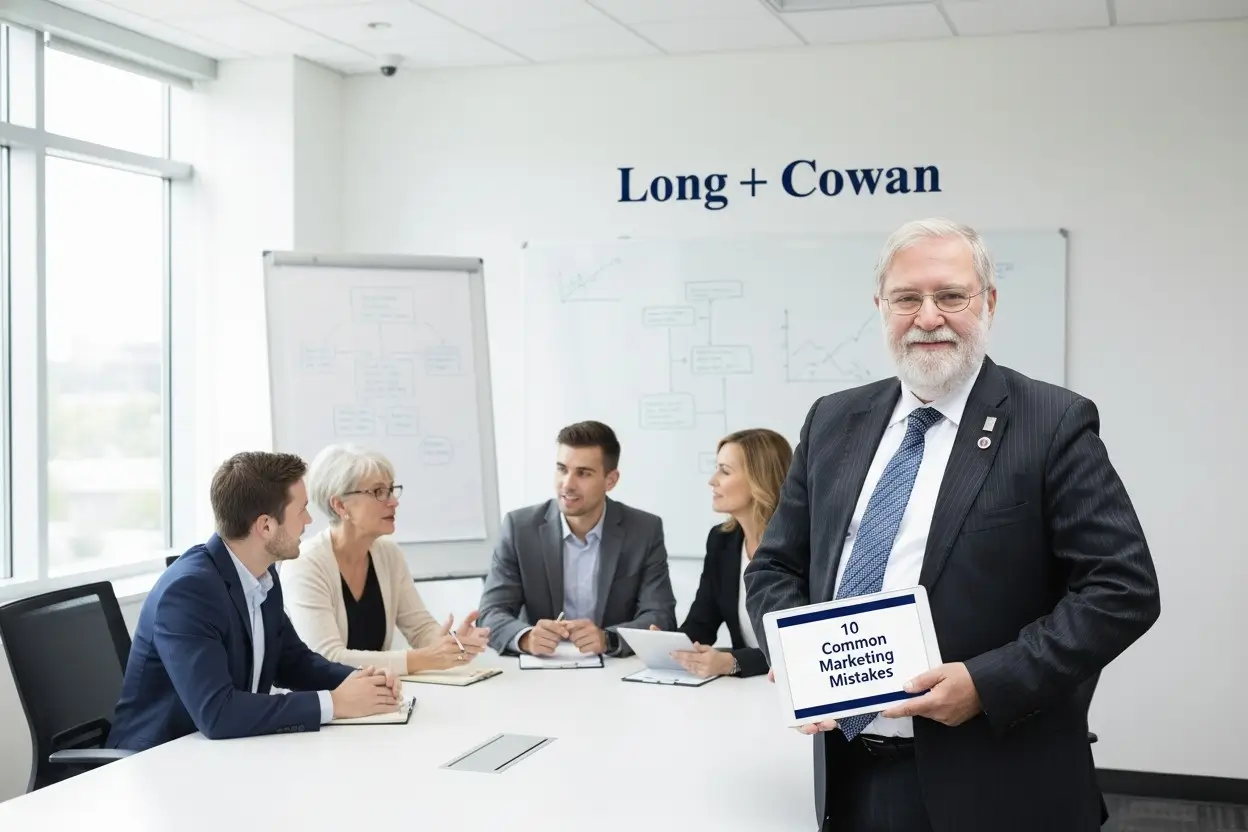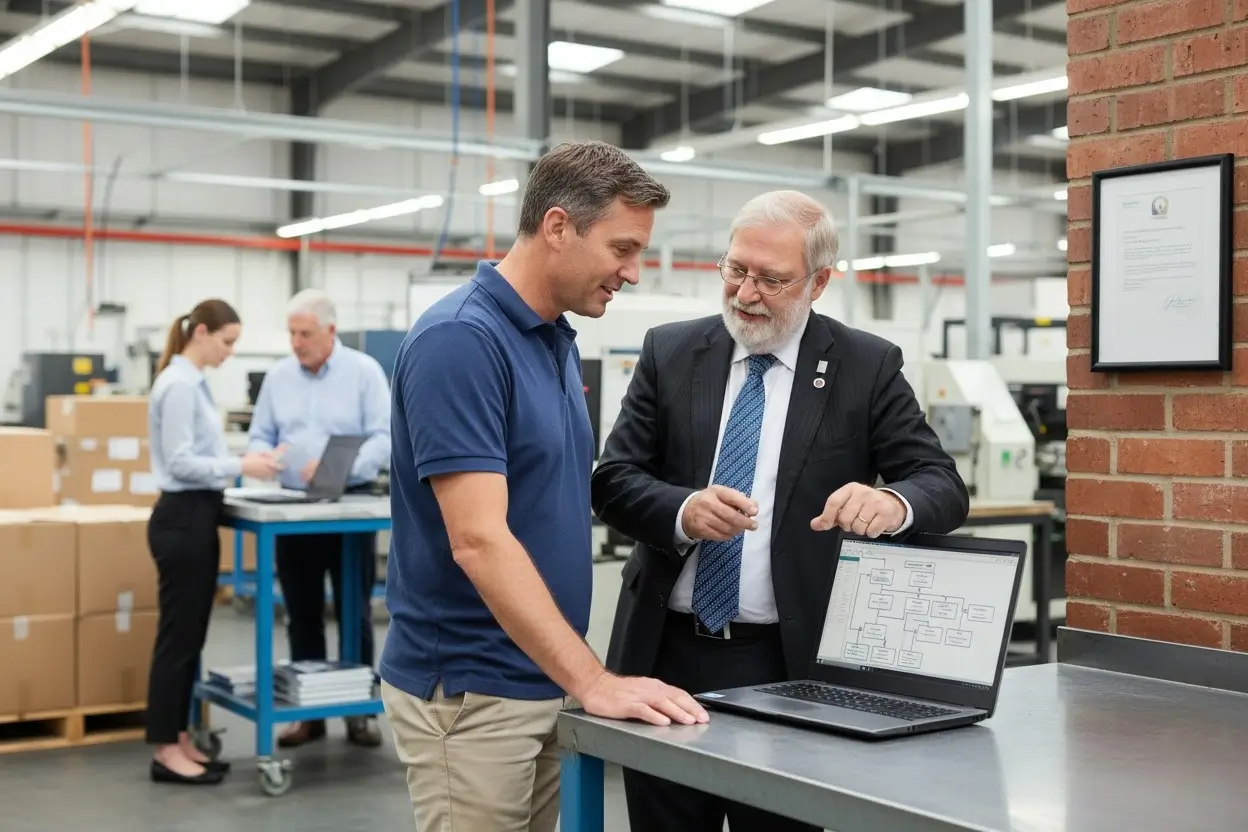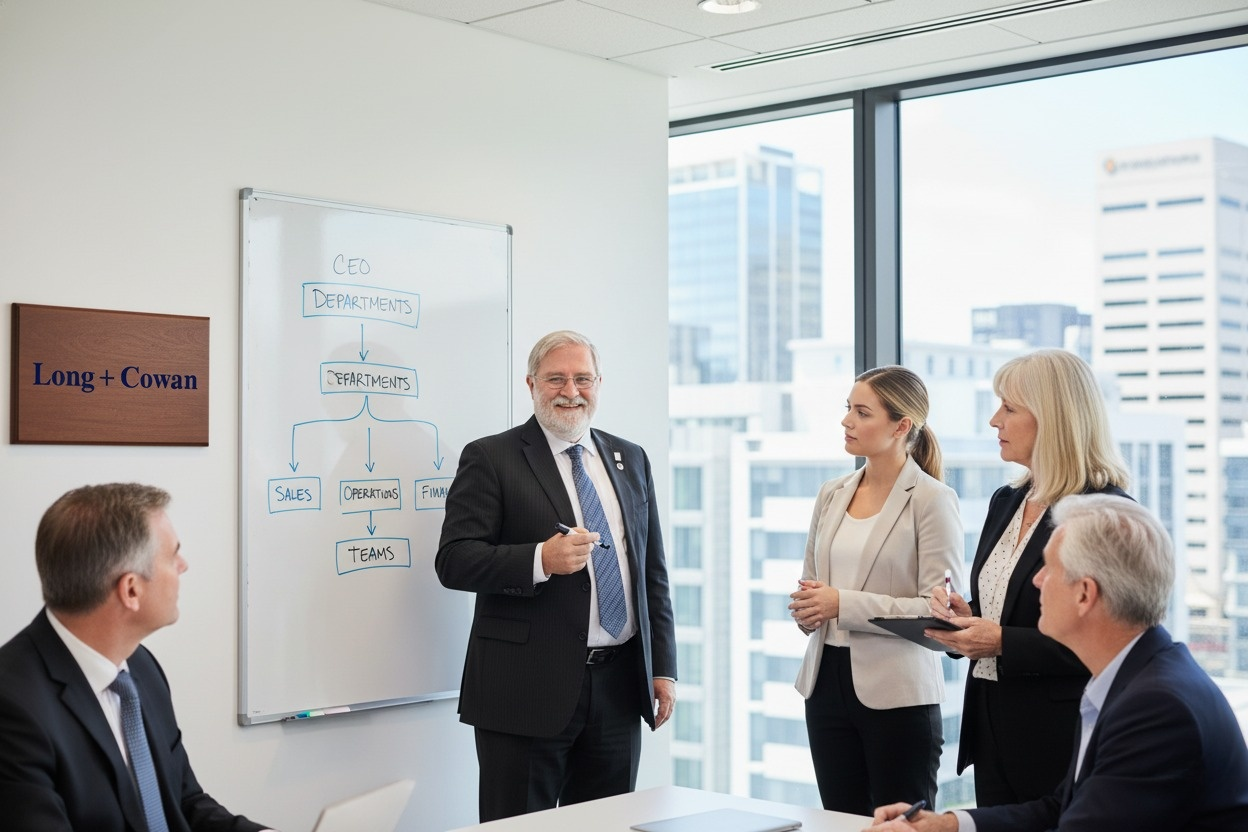Every successful business relies on sound decisions. At Long + Cowan, we have seen how structured decision making leads to stronger performance, reduced risk, and better long-term results. Without a clear approach, business owners can fall into patterns of hesitation or impulsive choices that cost time and money.
Good decisions are based on facts, logic, and insight. They consider both numbers and human factors. In practice, that means analysing financial data, understanding market trends, and weighing the personal or operational implications of each choice before taking action.
Turning Problems into Opportunities
Business challenges are inevitable, but how you respond determines your outcome. Problems reveal weaknesses, highlight opportunities, and force innovation. By treating challenges as learning experiences rather than obstacles, you create a culture of progress rather than blame.
When our Wellington clients face complex issues, we guide them to break the problem into smaller, measurable parts. Each part can then be analysed, tested, and improved. This step-by-step method reduces stress and leads to more consistent results.
Building a Framework for Better Decisions
Successful leaders use structure to make choices under pressure. A good decision-making framework includes four key steps: identify, analyse, choose, and act. First, define the issue clearly. Then, gather relevant information and evaluate possible solutions. Finally, decide and implement.
This process helps avoid emotional or rushed reactions. It also ensures that important perspectives, such as financial impact or compliance risk, are properly considered before finalising a plan.
Using Data to Inform Judgement
Informed decisions start with reliable data. Financial reports, performance metrics, and customer feedback provide valuable insights when interpreted correctly. Modern accounting systems like Xero and MYOB allow real-time access to data that supports accurate analysis.
We help Wellington businesses combine data with professional judgement. Numbers show what is happening; experience explains why. When both are used together, decisions become clearer and more effective.
Encouraging Collaboration in Decision Making
Strong leaders understand that good ideas come from multiple viewpoints. Collaborative decision making encourages diversity of thought, which reduces risk and produces better outcomes. Teams that feel included in the process also take greater ownership of results.
Involving staff, advisors, and stakeholders in structured discussions improves buy-in and exposes blind spots. Balanced input often transforms uncertainty into clarity.
Avoiding Common Decision-Making Traps
Even experienced managers fall into traps such as overconfidence, analysis paralysis, or relying too heavily on past experience. Recognising these tendencies is the first step in avoiding them. Decision fatigue can also occur when too many minor choices drain mental energy.
To stay objective, separate critical decisions from routine ones. Automate or delegate small matters, and reserve your focus for strategic issues that affect performance and direction.
Applying Logical Problem Solving
Structured problem solving transforms confusion into progress. The most effective method involves identifying the cause rather than just treating the symptom. Using simple tools such as cause-and-effect diagrams or the “Five Whys” technique helps reveal root issues.
For example, if a project runs over budget, rather than assuming poor planning, ask why costs increased. It may lead to discovering unclear scope, supplier changes, or outdated pricing assumptions. Once the root cause is known, meaningful action follows.
Balancing Analysis with Action
Too much analysis can delay opportunity. Effective leaders know when enough information is available to make a confident decision. Waiting for perfect certainty can cause missed chances, especially in competitive markets like Wellington.
The goal is not perfection but progress. Make the best decision possible with the data available, then monitor results closely and adjust if needed. Learning from outcomes, both good and bad, strengthens future judgement.
Integrating Financial Insight into Strategy
Sound financial insight is essential in every decision. Whether hiring staff, investing in technology, or expanding operations, financial implications should be examined early. Aligning strategic choices with accurate forecasts and budget controls protects profitability.
We encourage clients to use management reports to test “what if” scenarios. This approach allows business owners to see potential impacts before committing, making decisions more confident and transparent.
Encouraging Critical Thinking in Teams
Teaching staff to think critically improves performance across an organisation. When employees understand how to analyse, question, and prioritise, they handle challenges more independently. This empowers teams and reduces the burden on leadership.
Practical training, mentoring, and structured review sessions build these skills. Over time, your organisation becomes more adaptive and resilient, with better overall problem-solving capacity.
Maintaining Objectivity Under Pressure
When challenges arise, emotion often clouds judgement. Taking time to step back ensures a clearer view. Techniques such as writing down pros and cons or seeking an external opinion can help regain objectivity.
We often act as a neutral sounding board for our Wellington clients. Having an impartial professional assess your options adds valuable perspective and prevents reactive mistakes.
Learning from Decisions and Outcomes
Each decision, whether successful or not, offers lessons. Conducting short reviews after key choices reinforces accountability and continuous improvement. Ask what worked, what failed, and what could be refined.
Businesses that treat decision outcomes as data rather than judgement evolve faster. Mistakes become insights, and insights become advantages.
Linking Problem Solving to Leadership Growth
Effective decision making builds leadership credibility. Colleagues respect leaders who act decisively and thoughtfully. Combining problem-solving skill with steady communication fosters trust and teamwork.
Over time, consistent good decisions shape culture. Staff begin to mirror leadership behaviour, making the entire organisation stronger and more cohesive.
Using Technology to Support Decisions
Digital tools assist in collecting, analysing, and visualising data. Cloud platforms, dashboards, and forecasting software simplify complex analysis. However, technology should support human judgement, not replace it.
When systems provide clear, reliable information, leaders can focus on interpretation and strategy rather than administration.
Moving Forward with Confidence
Good decision making is a skill developed through reflection, practice, and support. At Long + Cowan, we help Wellington businesses apply structured thinking to achieve clarity, consistency, and measurable results. Whether you are facing operational challenges or planning future growth, a disciplined approach leads to better outcomes.
For expert guidance, contact us for more info by filling in an enquiry form or e-mailing or calling us during office hours. Together, we can turn uncertainty into informed action.

